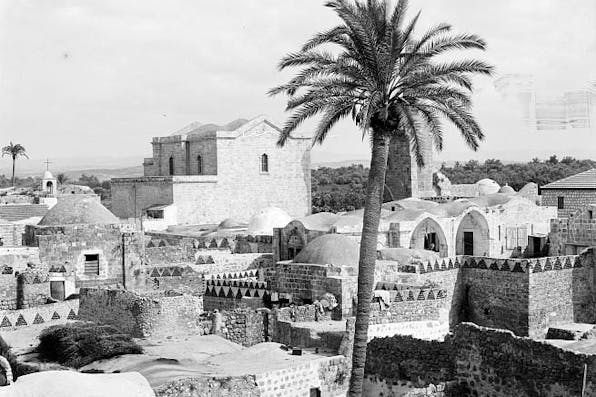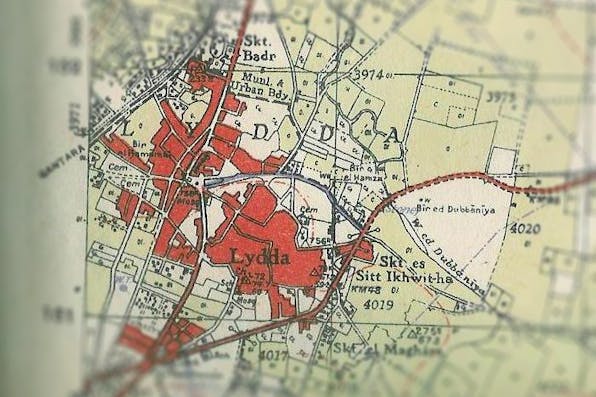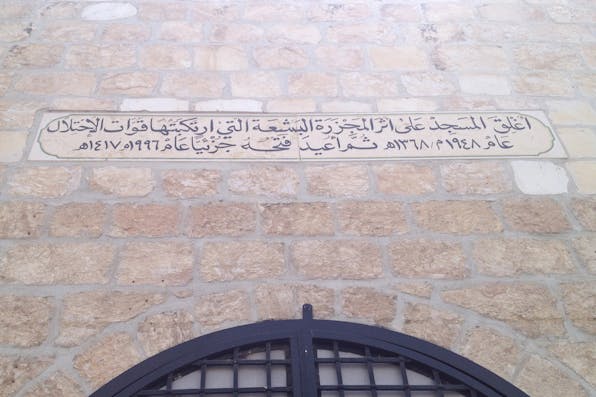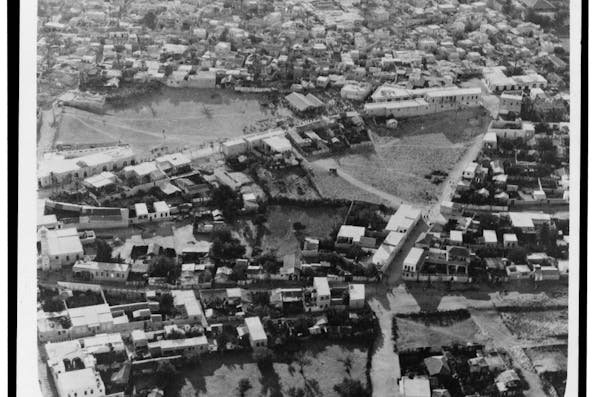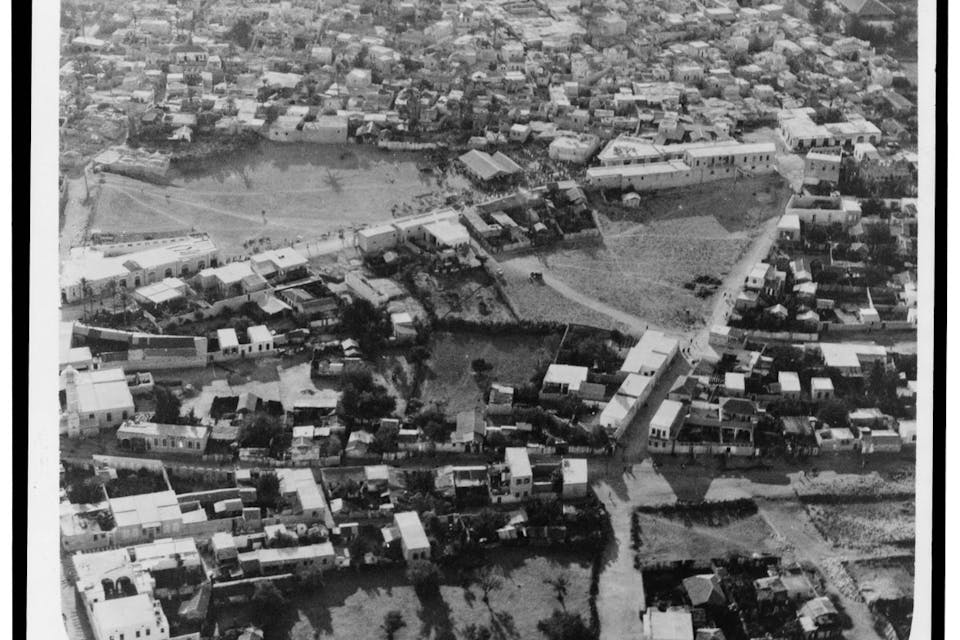
July 28, 2014
The Meaning of “Massacre”
The debate between Benny Morris and Martin Kramer over Israel's wartime conduct enters its second round.
Benny Morris:
I have to admit that, prior to reading his essay, “What Happened at Lydda,” I had never read anything by Martin Kramer. But I had heard that he was a serious Middle East scholar, albeit of subjects far removed from the 1948 war. His essay, however, is imbued with clear political purpose—“Israel is defined by much of liberal opinion as an ‘occupier,'” Kramer writes at one point in an essay that ostensibly deals with July 1948—and thus smacks more of propaganda than of history (even though the minutiae of his criticism of Ari Shavit’s manipulation of texts and facts regarding one minor episode in the war—what happened at a mosque in Lydda on July 12, 1948—are illuminating, if not so much about the war as about Shavit).
In my response in Mosaic to Kramer’s essay, I argued that “disproportion” speaks “massacre.” Kramer has now replied to my argument in a manner disingenuous if not forthrightly mendacious. Yes, in contemporary warfare between advanced technological societies and Third World societies—the U.S. versus Iraq, for example, or Israel versus Hamas—the application of air power and sophisticated artillery by a Western power can lead to completely disproportionate losses on the part of ill-armed Arab ground forces, and these do not necessarily speak of massacre. But in the Israeli-Arab war of 1948, two or more relatively primitive armies came to grips. When, in a specific battlefield, one side was more powerful than the other, a “disproportion” in losses might arise. That happened, for example, in the successive battles between the Haganah/IDF and Jordan’s Arab Legion at Latrun in May-June 1948, where many more Israelis died than Jordanians due to the Legion’s efficient use of its mortars and 75-mm artillery batteries and to Israeli paucity in or misuse of heavy weaponry. But when the disproportion is 250:0 or 250:2, as occurred, according to contemporary IDF documents, between the IDF and the Lydda townspeople, some of them armed, on July 12 of the same year, then “battle” is surely not the name of the game; “massacre” is more like it.
